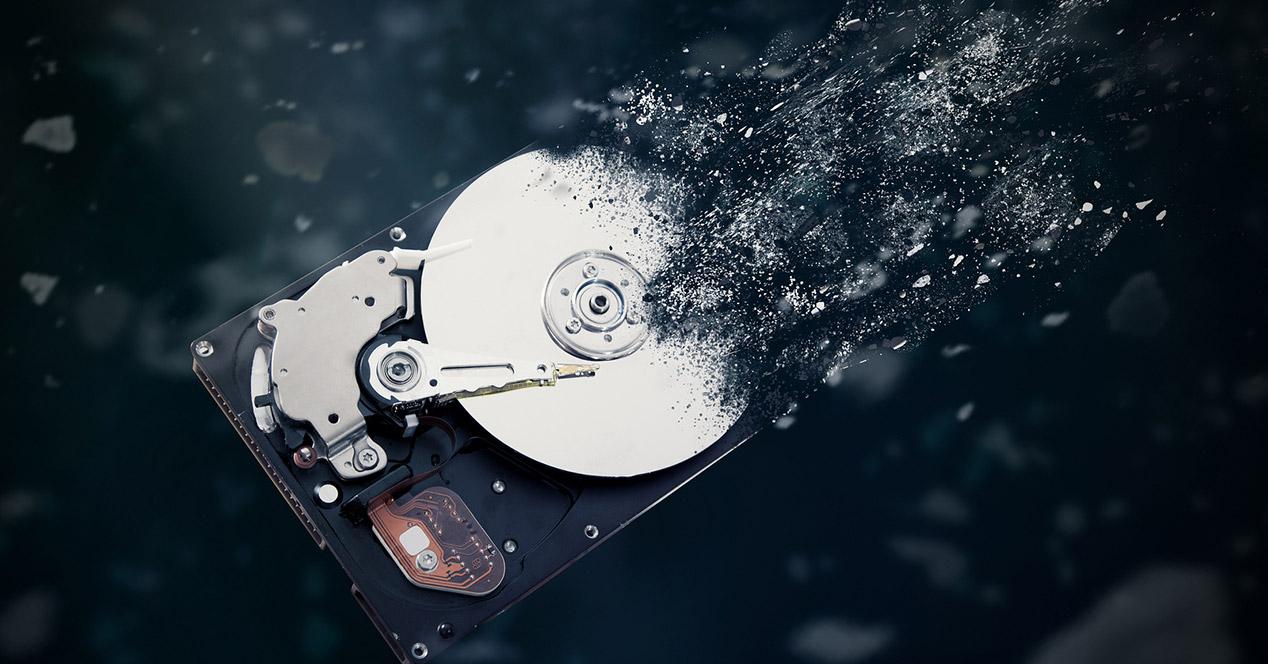The big advantage of hard drives over solid-state drives, or SSDs, is their greater storage capacity. We can get a unit with the same capacity for less than half the price. However, it’s getting to the point where having more capacity means paying more for something we’re not going to seriously enjoy. Of course, it depends on each user. How many terabytes do I need on my hard drive?
Our advice is that even if you run applications from an SSD you still have a hard drive to store the various data that you accumulate over time. A detail that we have observed for years is that there are useful things that were on the network of networks that have disappeared. On the other hand, it is always good to have enough capacity to store our work. Of course, working in an office is not the same as editing videos where file sizes are between 10 and 100 times larger.
The paradox of hard disk teras
The ideal size for a hard drive in a PC can be up to 4TB per unit, which are the sizes you can find when buying one. However, there are brands that offer larger capacity drives. However, today most users can easily work with 1TB and at most 2TB. As we go from this point, we have to be very justified and very thoughtful to use all the storage, because we reach the point where each additional gig is less valuable than the last.
Think the teras of a hard drive is to store data i.e. its functionality and if they are not used for that it is money wasted on our part by not giving them not a use. The other problem has to do with the fact that the more data there is when searching a part of the disk, the slower it is. Because Windows uses a file called pagefile.sys which works like a library’s sorting file. The fact is that the larger the capacity, the larger the file and, therefore, the longer it takes to access the information.
That’s why many users prefer to use partitions or allocate unused part of hard drive for operating system and applications and then leave a partition to save files. And yes, that seems counterproductive, but if you have the economy for two 2TB hard drives and you’re using a tower, it’ll still be better than a 4TB one. What’s the motive? Division of labor will make it much easier for the system to find information at any time.
How much do I really need?
Now our advice is to go for an SSD if you can, but if you have to choose an HDD to store information in the back room, always look for an HDD with twice the capacity of the status disk. strong in your system. You might not be able to fit one internally, that’s okay, try getting an external one with a USB-C connection or if you can’t USB 3.0 or 3.1. That is, those of the bluish connection.
In any case, we recommend 1TB for Windows, additionally we recommend that the operating system and the most used applications have their own drive if you have a tower computer, so try to use two hard drives. One low capacity and one very high capacity.









